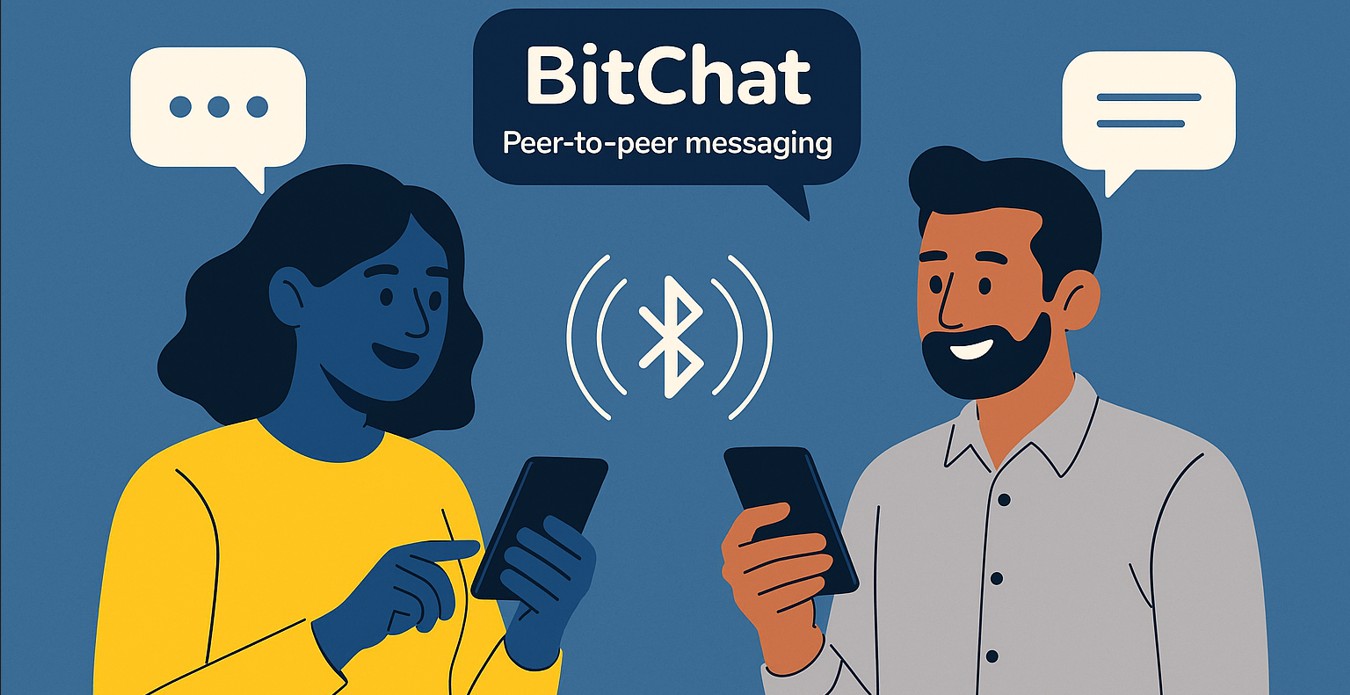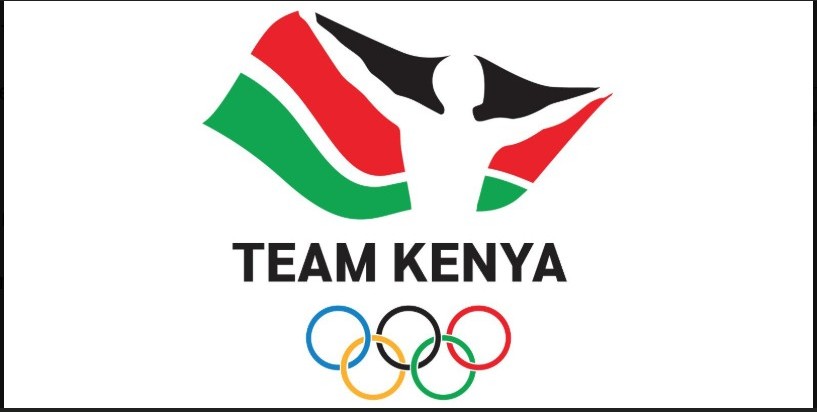New Bitchat app by Jack Dorsey enables messaging without Wi-Fi or mobile data

The app forms a local mesh network, allowing messages to hop across multiple nearby devices within a 300-metre range, and potentially farther if more users are connected in the area.
Jack Dorsey, the tech innovator behind Twitter (now X), is exploring a new method of communication that works without internet or mobile networks.
He has introduced Bitchat, a peer-to-peer messaging app that uses Bluetooth mesh technology to enable messaging without Wi-Fi or cellular service.
More To Read
- X introduces transparency tool to curb bots and impersonation
- Cloudflare explains cause of widespread internet outage
- Cloudflare outage sparks global internet chaos as major websites affected
- Top 10 most used languages for web content
- Court told President Ruto not complainant in X post case against David Mokaya
- Threads introduces group chat to boost communities for creators
The app forms a local mesh network, allowing messages to hop across multiple nearby devices within a 300-metre range, and potentially farther if more users are connected in the area.
Dorsey introduced the project on his X profile, calling it a weekend experiment aimed at exploring decentralised technology—but its potential impact extends well beyond that.
Unlike conventional messaging apps, Bitchat doesn’t store messages on servers, collect user data, or require a phone number or email to function.
“It’s like IRC reborn,” Dorsey wrote, referring to Internet Relay Chat, the open protocol used since the late 1980s for real-time group and private messaging.
Bitchat replicates this style, offering topic-based chat rooms as well as end-to-end encrypted private messaging.
So far, the early iOS version, made available via Apple’s TestFlight, has hit its capacity for testers.
However, Dorsey noted that the system is platform-agnostic, hinting that Android support is possible in the future.
Designed for emergencies, digital blackouts
While still in its experimental phase, Bitchat echoes the purpose of previous Bluetooth-mesh apps like FireChat and Bridgefy, although not available in Kenya, these platforms became popular in 2019 during the Hong Kong protests, where demonstrators relied on offline communication to evade surveillance and internet blackouts.
Apps like Bitchat could prove crucial in situations such as internet shutdowns, disaster zones, rural areas with unreliable networks, and even crowded public events like music festivals, where network congestion is common.
Although Bitchat is still in its development stage, its potential is drawing global attention.
CNBC reports that future versions may support Wi-Fi Direct, further extending its range and speed.
Whether or not Dorsey plans to commercialise or expand the platform remains unclear, but his involvement alone could give it the push it needs.
Dorsey, who also co-founded Bluesky, continues to champion open-source, privacy-first digital tools.
Top Stories Today













































